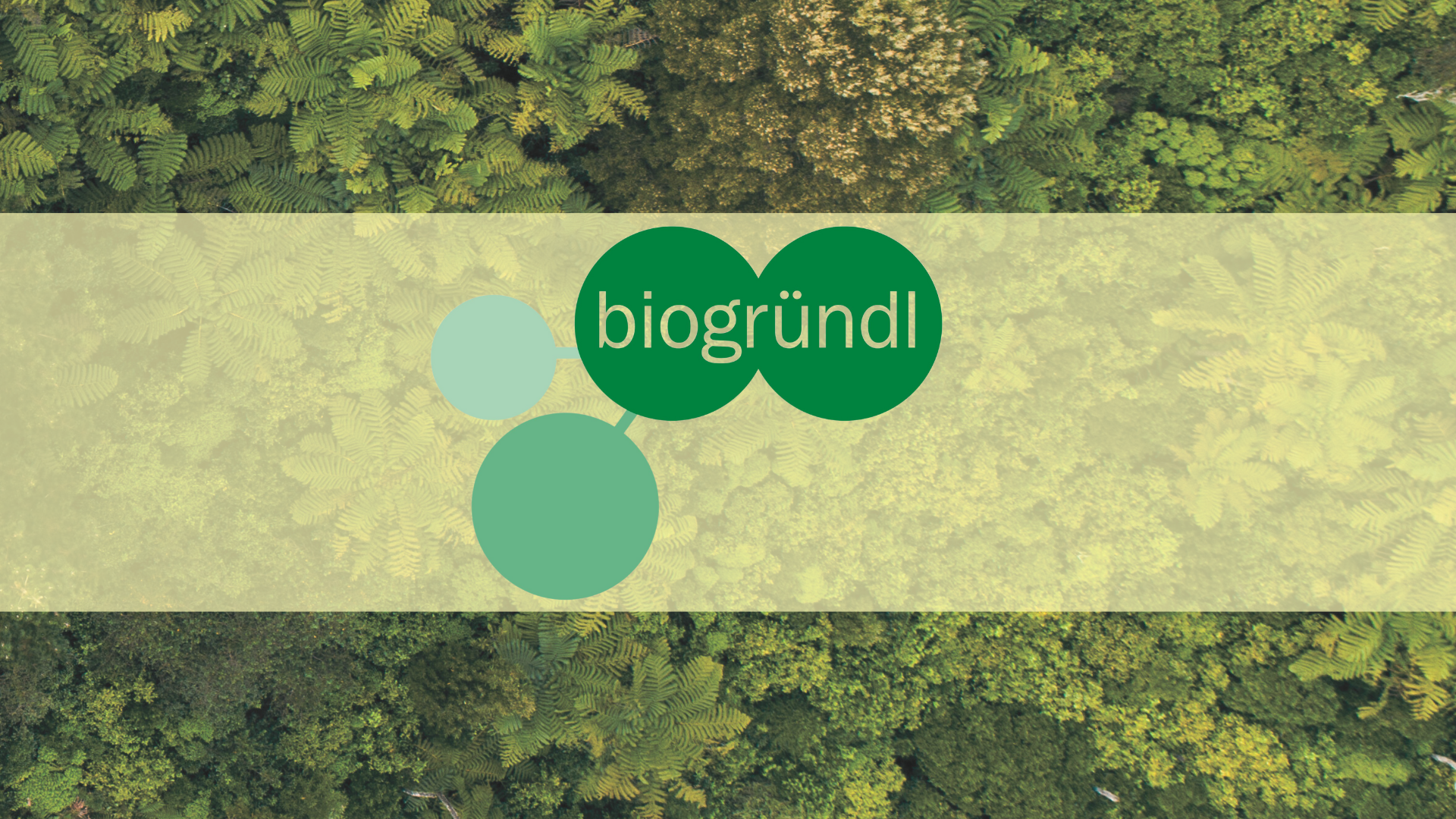Communication in the beauty sector is key. Both for reaching consumers and for commercial relations when it comes to offering our products and explaining what makes them different. One topic that has become controversial is sustainability and how to communicate it: what values should I emphasise, what makes my product different, what support do I have to reinforce my message? This is necessary to avoid speculation: having a scientific basis and effective communication will be essential to avoid falling into possible myths about sustainability. Here are the most common ones:
- "Natural" = "Sustainable". This is not always the case, there are natural ingredients that may not be sustainable because of their scarcity or because their production processes are harmful to the environment.
- Recyclable packaging always recycled. This is taken for granted but does not always go hand in hand. It depends on local infrastructure and proper waste separation.
- Certifications = complete sustainability. Certification is not a guarantee of 100% sustainability, there are certain certifications that only look at a certain part of the process.
- Organic without harmful chemicals. Organic products may contain harmful natural chemicals.
- Minimalist packaging is always better. Not so, there are other aspects to consider such as durability and product protection.
In the field of cosmetics, there are even more myths:
- Sustainable cosmetics less effective. This is a completely false statement. The effectiveness of the formulation is not related to whether it is a more or less environmentally friendly cosmetic.
- Sustainable products are more expensive. Innovation and growing demand is making sustainable products more accessible.
- Only big brands can be sustainable. Small and medium-sized companies also innovate in sustainability and can offer such solutions.
- Synthetic ingredients are always bad for the environment. Obviously, there are synthetic products and actives that can be more sustainable than natural, such as biodegradable silicones, biotechnological hyaluronic acid or eco-friendly synthetic fragrances.
- Vegan products are automatically sustainable. Veganism is not synonymous with, and therefore does not guarantee, sustainability, since to assess how sustainable a product is, one has to consider the entire life cycle.
In the case of Biogrundl, which develops plant extracts and active ingredients for the cosmetics sector, it offers these sustainable solutions through its product portfolio, demonstrating its concern and commitment to the environment through different processes such as the extraction of waste known as VegCycle.
- Waste from the production of avocado oil: upcycled avocado oil which is an emollient and fattening treatment for skin and hair.
- Residues from argan production (pressed pulp): upcycled argan leaf extract. Antioxidant, environmentally unfavourable and anti-ageing preparations.
- Remnants of the food industry from juices. Upcycled acerola extract. Preparations with protective, anti-ageing, antioxidant and vitaminising properties.
- By-products of the wine industry: Upcycled vine fruit extract. Anti-aging and anti-radical exfoliating preparations.
- Malt bagasse, hops in the aromatisation phase. Dry hopping and yeasts used in the brewing industry. Upcycled hop extract. For anti-acne and anti-seborrhoeic preparations, but also suitable for use in hair loss treatments.
- Skins of various vegetables from the snack industry. Upcycled Majorcan almond peel extract PGI. Used in shampoos, creams and facial milks for dry or ageing skin. It is also used in regreasing and/or revitalising masks.
- Coffee grounds. Upcycled coffee extract. Anti-ageing preparations that are protective against adverse environmental agents, stimulating and anti-cellulite. Its use also extends to products for dry, ageing and atonic skin.
- Pulp from the cider production industry. Upcycled cider extract. Used in the treatment of impure, oily, seborrhoeic and acneic skin. Also in moisturising body and facial treatments.
Biogründl Will participate in the next Beauty Sustainability Weekand will be present at one of the round tables to be held on Beauty Sustainability Day on 4 July, debunking the myths and legends of sustainability within the cosmetics and beauty ecosystem.
